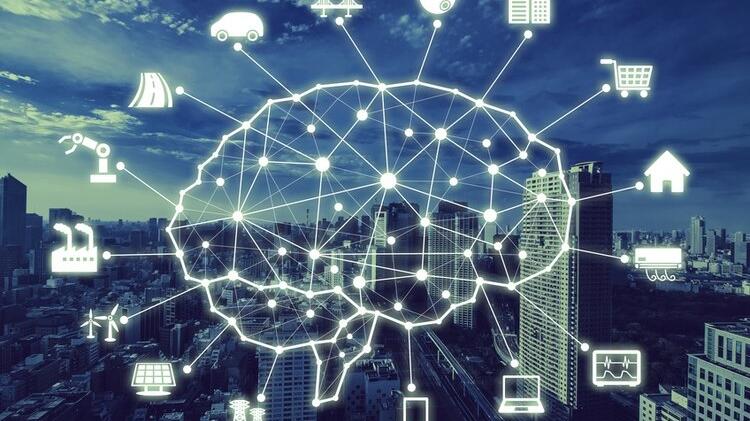 Energy Infrastructure
Energy InfrastructureEnergy Infrastructure
Solar power was the fastest-growing source of new energy worldwide last year. Free, renewable and clean are some of the most compelling benefits for converting to solar-powered energy. Institute for Energy Innovation report highlights the hidden benefits of solar. The report should encourage both private and public decision makers to do everything possible to promote the adoption of solar, says Dr. Peter Bergen. Bergen: Solar is driving a dramatic growth in green collar jobs, especially in the event of a giant storm like Maria, microgrids and smaller-scale electricity generation would have made it more difficult to decimate the system. Solar DG systems in most cases helps to reduce overall costs and represents a net benefit to all utility customers, he says. He says, even without an understanding of all the benefits, it should encourage all the costs of solar powered energy are clear and fair and safe. Even without understanding of solar's benefits, the report, it would have been difficult to reduce the cost of solar DG systems.
Read Full articleWhen is the grid “full”?
Germany is set to get a continuation of the old coalition that few seem to want. But the new grand coalition will not be the same as the old; the platforms differ. The ambitions for renewables and climate protection are greater than before, though details are.
Read Full articleIndia – a global player in energy efficiency
EESL is a central player in the Indian energy efficiency market. It is best known for its LED programme, UJALA, which has distributed more than 270 million LEDs across India. In November I made my first ever visit to India to.
Read Full articleDigital platforms in the energy sector – definition & first applications
In our last two posts we focussed on different concepts for regional flexibility markets. We raised the question whether the future of the distribution grid operators lies in platform businesses or basic asset ownership. In todays post we will shed some light on platforms and their.
Read Full articleNew Utility Business Model: leverage customer base
The typical utility model of the past is dead. The rise of renewables is often mentioned as one of the key reasons. But to change the strategy of such a giant is nothing you can do within a few months, not even years.
Read Full article10 Facts about Solar Power
Solar is easy to install, easy to maintain and easy way to save money. Most common objection from solar sceptics is the sun does not shine at night. We have solved this: we now have storage systems that temporarily store generated solar power.
Read Full Business Practice10 Facts about Wind Power
Wind power is one of the fastest growing industrial segments in the world. Wind energy is the most efficient solution to reduce emissions in the power sector. Onshore wind is now the cheapest form of new power generation on average across Europe.
Read Full Business Practice10 Facts about Cogeneration-CHP
In conventional power plants, heat is not recovered when generating power. In cogeneration plants the heat is put to effective use to provide comfort. Trigeneration means that the plants can also produce cooling. Cogeneration is the simultaneous.
Read Full Business PracticeGame Changers in the energy system
The Utility of the Future study looked at the emerging themes reshaping the energy landscape. WEF and McKinsey identified three: Advanced energy acceleration Mobility revolution Energy system fragmentation. The most relevant part of whitepaper comes likely at .
Read Full articleWhy Germany needs a European Energiewende
The European Union is currently negotiating its 2030 energy goals. Rebecca Bertram looks at why Germany needs a European Energiewende. She says Germany has benefited significantly from the integrated European power grid. Germany needs Europe to drive its own Energ.
Read Full article





